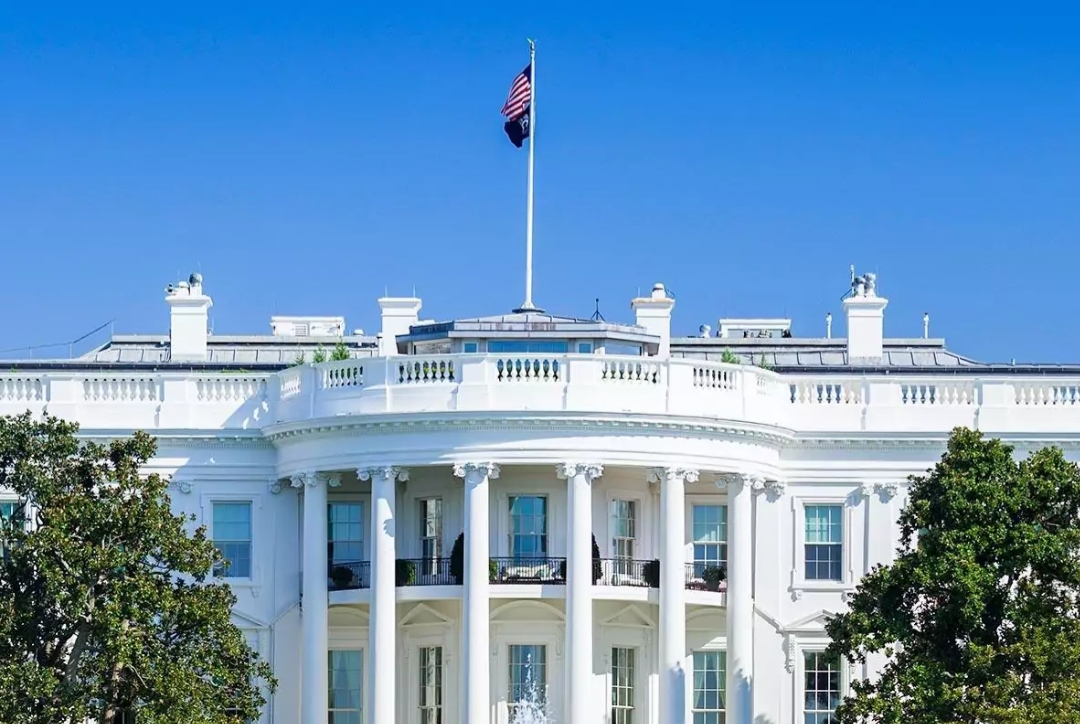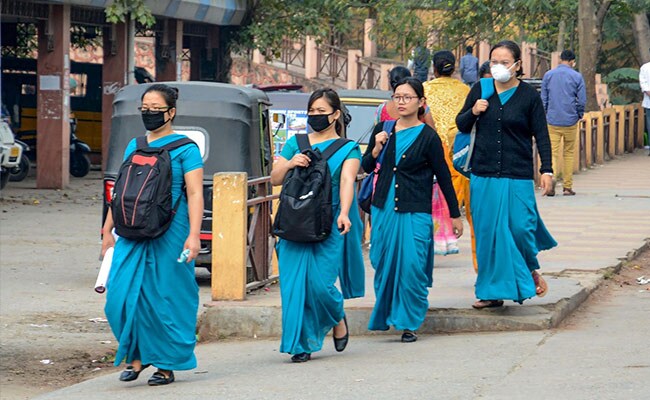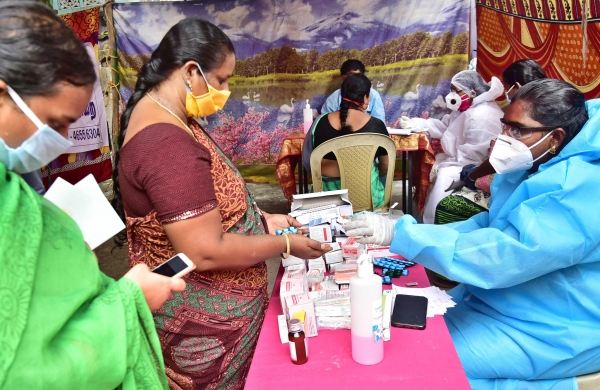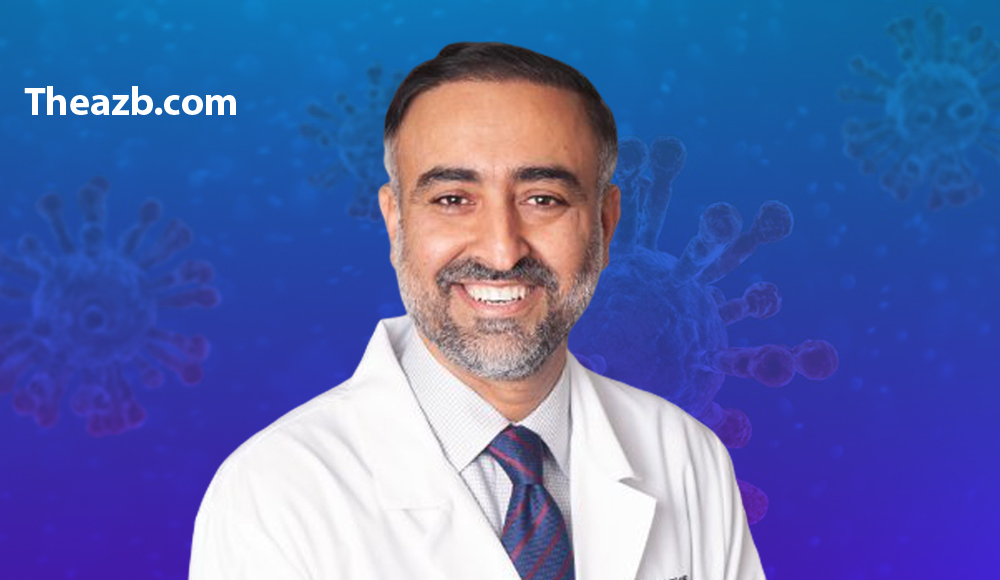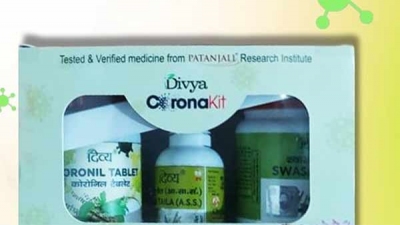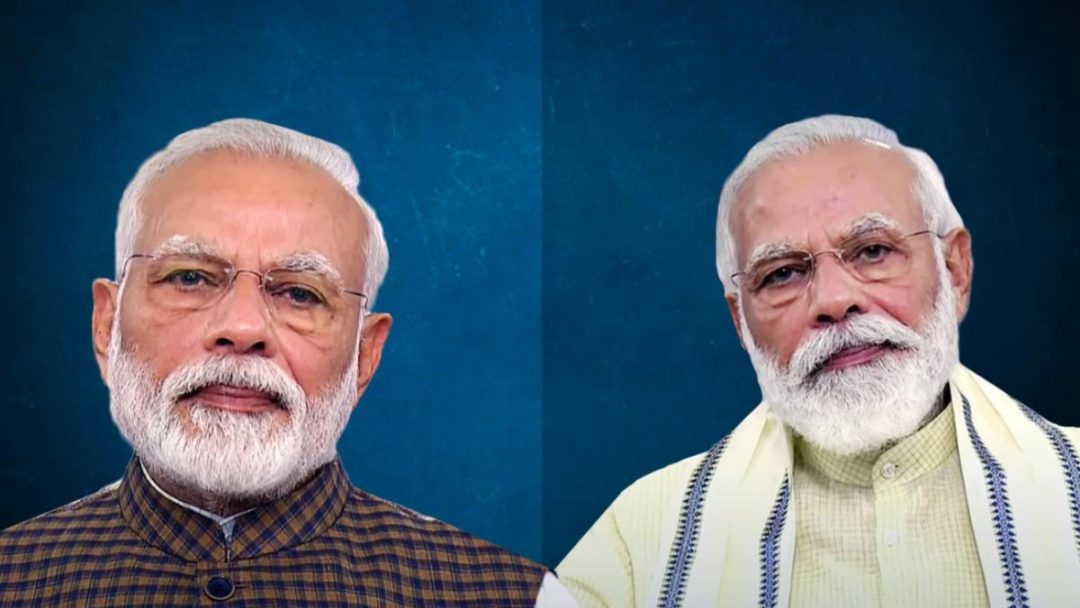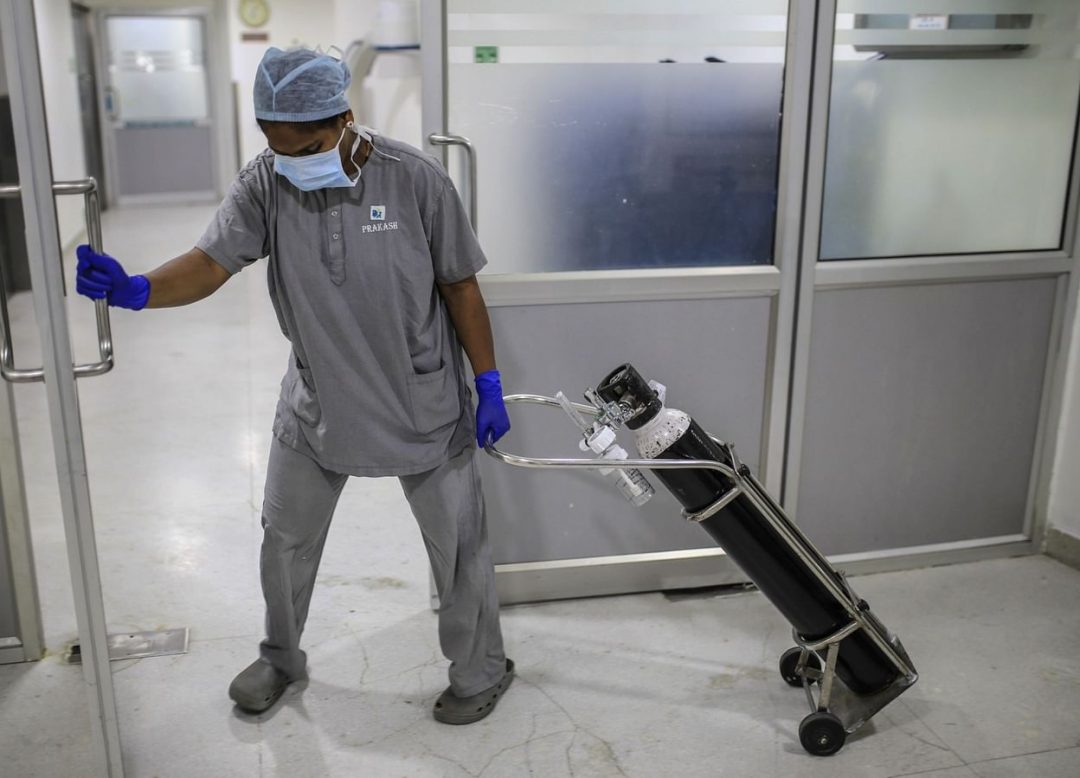(CNN) The Trump administration has notified Congress and the United Nations that the United States is formally withdrawing from the World Health Organization, multiple officials tell CNN, a move that comes amid a rising number of coronavirus cases throughout the Americas over the past week.
The withdrawal, which goes into effect next July, has drawn criticism from bipartisan lawmakers, medical associations, advocacy organizations and allies abroad. Presumptive Democratic presidential nominee Joe Biden vowed Tuesday to reverse the decision “on (his) first day” if elected.
Sen. Robert Menendez, the top Democrat on the Senate Foreign Relations Committee tweeted the news Tuesday.
“Congress received notification that POTUS officially withdrew the U.S. from the @WHOin the midst of a pandemic. To call Trump’s response to COVID chaotic & incoherent doesn’t do it justice. This won’t protect American lives or interests—it leaves Americans sick & America alone,” he wrote.
A State Department official also confirmed that “the United States’ notice of withdrawal, effective July 6, 2021, has been submitted to the UN Secretary-General, who is the depository for the WHO.” The spokesperson for Secretary-General António Guterres said he had received the notice and “is in the process of verifying with the World Health Organization whether all the conditions for such withdrawal are met.” Those conditions “include giving a one-year notice and fully meeting the payment of assessed financial obligations.”
Republicans urge Trump not to terminate relationship with World Health Organization
Republicans urge Trump not to terminate relationship with World Health Organization
The letter addressed to the UN is very short, around three sentences, a source briefed on the correspondence told CNN, and it triggers a one-year withdrawal timeline. However, this source also cautioned that they cannot confirm they saw the final version of the letter.
Among its current functions, the WHO is attempting to coordinate efforts to get personal safety and medical equipment, like ventilators, to hospitals around the world. Elizabeth Cousens, the president and CEO of the UN Foundation, said the organization is “indispensable” in the fight against Covid-19.
Loyce Pace, president and executive director of Global Health Council, echoed that point, telling CNN: “Thousands of people have spoken, from health experts to heads of state and heroes on the frontlines: the world needs WHO. This move signals a dangerous gamble in the midst of a pandemic we have yet to conquer, and without a viable alternative to WHO.”
Some have warned that withdrawal in the current environment could also interfere with clinical trials essential for developing vaccines, as well as efforts to trace the spread of the virus globally.
President Donald Trump said he was halting funding to the organization in mid-April and announced his intention to withdraw from the WHO in May after he said it “failed to make the requested and greatly needed reforms.” Trump had denounced the US’ contribution to the WHO — $400-500 million — in comparison to China’s and consistently accused the organization of aiding China in allegedly covering up the origins of the virus and allowing its spread.
While lawmakers from both parties have long cited systemic problems with the WHO, many have also denounced the President’s decision to withdraw during a once-in-a-century global pandemic.
Democratic House Speaker Nancy Pelosi called it “is an act of true senselessness.” Republican Sen. Lamar Alexander, chairman of the Senate Health, Education, Labor and Pensions Committee, said he disagreed with Trump’s decision.
“If the administration has specific recommendations for reforms of the WHO, it should submit those recommendations to Congress, and we can work together to make those happen,” he said.
Last month, despite alleging that the World Health Organization “enabled” the Chinese government’s sweeping cover-up of the coronavirus pandemic’s origins, members of the GOP China task force urged Trump to reconsider his decision to terminate relations with the international body, arguing that the US can do more to affect change as a member.
Cousens, the head of the UN Foundation, called the decision “short-sighted, unnecessary, and unequivocally dangerous” and said that the US’ “ability to lead and shape an agenda for reform is drastically diminished when they step out of the field of play.”
“There’s no question but that working within an institution like the World Health Organization allows the United States and others to leverage their resources to have much greater impact,” she told CNN.
She pointed to the WHO’s work in “distributing millions of pieces of personal protective equipment to medical facilities around the world, millions of diagnostic tests, tracking the virus’ spread across borders, coordinating global efforts to develop a vaccine, … coordinating research among over 100 countries … along with all of the work that they do in low resource and more humanitarian settings.”
Move comes as virus is surging
The heads of the American Medical Association, American Academy of Pediatrics, American Academy of Family Physicians and American College of Physicians condemned the move to withdraw from the WHO, saying in a statement that it “puts the health of our country at grave risk.”
“This dangerous withdrawal not only impacts the global response against COVID-19, but also undermines efforts to address other major public health threats,” they said in a joint statement. “We call on Congress to reject the Administration’s withdrawal from the WHO and make every effort to preserve the United States’ relationship with this valued global institution. Now is the time to invest in global health, rather than turn back.”
The number of coronavirus cases continues to surge across the US and in various countries around the world.
There are at least 2,953,423 cases of coronavirus in the US, and at least 130,546 people have died from the virus in the country, according to Johns Hopkins University’s tally.
In the span of a week and a half, the number of US coronavirus cases reported each day has doubled, and officials are saying this is still the first wave of the pandemic.
Brazil’s Jair Bolsonaro tests positive for Covid-19 after months of dismissing the seriousness of the virus
Trump has repeatedly insisted that the rise of cases in the US is purely the result of increased testing, but a WHO official knocked down that claim on Monday.
WHO scientists and experts are scheduled to travel to China this weekend to investigate the origins of the novel coronavirus, WHO Director-General Tedros Adhanom Ghebreyesus announced on Tuesday.
Specifically, experts will be seeking to trace the narrative of how the coronavirus might have spread from the wild to possibly farm animals to humans, said Dr. Mike Ryan, executive director of WHO’s Health Emergencies Program.
Biden vows to reverse decision
The Trump administration has already diverted funding from the WHO and the process to formally withdraw will take a year to complete. Critics of the decision hope that the withdrawal decision will be reversed if Trump loses the presidential election in November. In a tweet Tuesday, Biden vowed to do so if elected.
“Americans are safer when America is engaged in strengthening global health. On my first day as President, I will rejoin the @WHO and restore our leadership on the world stage,” he wrote.
US allies have rallied to the support of the WHO, with a top diplomat from Germany calling for global solidarity and Italy’s Health Minister criticizing Trump’s decision as “serious and wrong”.
Trump’s decision to permanently terminate the US relationship with the WHO follows a years-long pattern of railing against global organizations, with the President claiming that the US is being taken advantage of. The President has questioned US funding to the United Nations and NATO, withdrawn from the Paris climate accord and repeatedly criticized the World Trade Organization.
By Zachary Cohen, Jennifer Hansler, Kylie Atwood, Vivian Salama and Sara Murray,
CNN’s Manu Raju, Richard Roth, Valentina DiDonato, Lauren Mascarenhas and Sarah Mucha contributed to this report. CNN :

